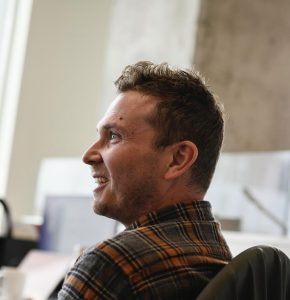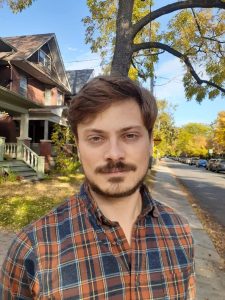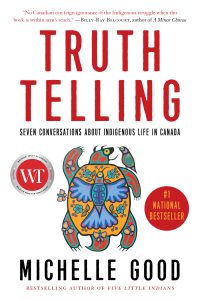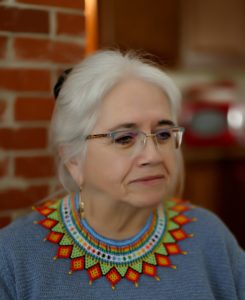There are ten books on the 2024 J.W. Dafoe Book Prize longlist and today we’re going to highlight Ken McGoogan’s Searching for Franklin: New Answers to the Great Arctic Mystery (Douglas & McIntyre).
Two of Arctic explorer Sir John Franklin’s expeditions were monumental failures—the last one leading to more than a hundred deaths, including his own. Yet many still see the Royal Navy man as a heroic figure who sacrificed himself to discover the Northwest Passage.
This book, McGoogan’s sixth about Arctic exploration, challenges that vision. It rejects old orthodoxies, incorporates the latest discoveries, and interweaves two main narratives. The first treats the Royal Navy’s Arctic Overland Expedition of 1819, a harbinger-misadventure during which Franklin rejected the advice of Dene and Métis leaders and lost eleven of his twenty-one men to exhaustion, starvation and murder. The second discovers a startling new answer to that greatest of Arctic mysteries: what was the root cause of the catastrophe that engulfed Franklin’s last expedition?
The well-preserved wrecks of Erebus and Terror—located in 2014 and 2016—promise to yield more clues about what cost the lives of the expedition members, some of whom were reduced to cannibalism. Contemporary researchers, rejecting theories of lead poisoning and botulism, continue to seek conclusive evidence both underwater and on land.
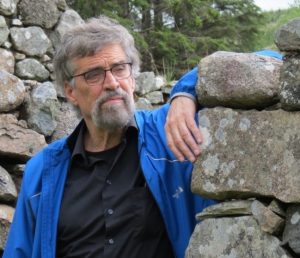
Drawing on his own research and Inuit oral accounts, McGoogan teases out many intriguing aspects of Franklin’s expeditions, including the explorer’s lethal hubris in ignoring the expert advice of the Dene leader Akaitcho. Franklin disappeared into the Arcticin 1845, yet people remain fascinated with his final doomed voyage: what happened? McGoogan will captivate readers with his first-hand account of travelling to relevant locations, visiting the graves of dead sailors and experiencing the Arctic—one of the most dramatic and challenging landscapes on the planet.
Ken McGoogan is an award-winning and best-selling Canadian author who travels the world researching for his writing. He has published numerous fiction and non-fiction books, including several Arctic histories. His best-selling books include Dead Reckoning (Patrick Crean Editions, 2017), Fatal Passage, 50 Canadians Who Changed the World and Lady Franklin’s Revenge (Phyllis Bruce Books: 2001, 2013 and 2005). McGoogan has appeared in several documentaries to discuss Arctic exploration and is a fellow of the Explorers’ Club and the Royal Canadian Geographical Society. McGoogan was born in Montréal and now lives in Guelph, ON.




 Perrin also shares insights from others on the frontlines, including prosecutors and defence lawyers, police chiefs, Indigenous leaders, victim support workers, corrections officers, public health experts, gang outreach workers, prisoner and victims’ rights advocates, criminologists, psychologists, and leading trauma experts. Bringing forward the voices of marginalized people, along with their stories of survival and resilience, Indictment shows that a better way is possible.
Perrin also shares insights from others on the frontlines, including prosecutors and defence lawyers, police chiefs, Indigenous leaders, victim support workers, corrections officers, public health experts, gang outreach workers, prisoner and victims’ rights advocates, criminologists, psychologists, and leading trauma experts. Bringing forward the voices of marginalized people, along with their stories of survival and resilience, Indictment shows that a better way is possible.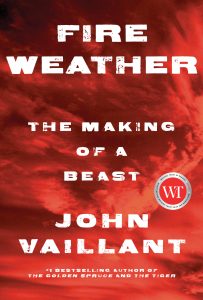
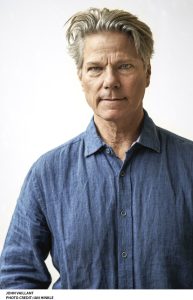 With masterly prose and a cinematic eye, Vaillant takes us on a riveting journey through the intertwined histories of North America’s oil industry and the birth of climate science, to the unprecedented devastation wrought by modern forest fires, and into lives fore
With masterly prose and a cinematic eye, Vaillant takes us on a riveting journey through the intertwined histories of North America’s oil industry and the birth of climate science, to the unprecedented devastation wrought by modern forest fires, and into lives fore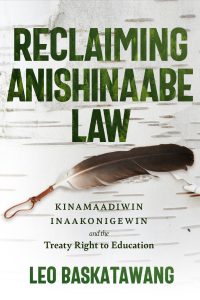

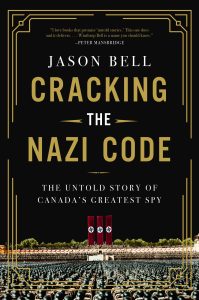

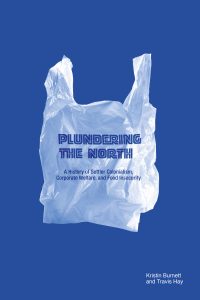
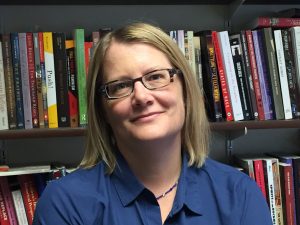 Plundering the North provides fresh insight into Canada’s settler colonial project by re-evaluating northern food policy and laying bare the governmental and corporate processes behind the chronic food insecurity experienced by northern Indigenous communities.
Plundering the North provides fresh insight into Canada’s settler colonial project by re-evaluating northern food policy and laying bare the governmental and corporate processes behind the chronic food insecurity experienced by northern Indigenous communities.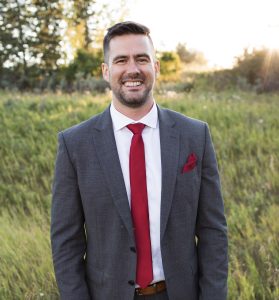 Travis Hay is a historian of Canadian settler colonialism who was born and raised in Thunder Bay, Ontario. He is currently an assistant professor at Mount Royal University, the author of Inventing the Thrifty Gene, and the English Language Book Review Editor of Canadian Journal of Health History.
Travis Hay is a historian of Canadian settler colonialism who was born and raised in Thunder Bay, Ontario. He is currently an assistant professor at Mount Royal University, the author of Inventing the Thrifty Gene, and the English Language Book Review Editor of Canadian Journal of Health History.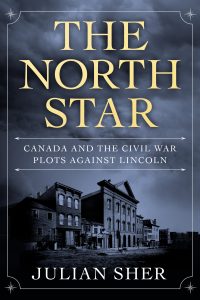
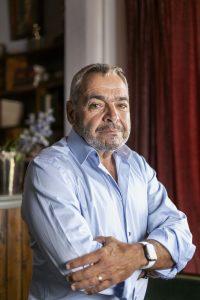 Julian Sher is an award-winning journalist and the author of seven books, including “Until You Are Dead”: The Wrongful Conviction of Steven Truscott and White Hoods: Canada’s Ku Klux Klan. He co-authored two books on biker gangs, The Road to Hell and Angels of Death, and wrote two books on crimes against children, One Child at a Time and Somebody’s Daughter.
Julian Sher is an award-winning journalist and the author of seven books, including “Until You Are Dead”: The Wrongful Conviction of Steven Truscott and White Hoods: Canada’s Ku Klux Klan. He co-authored two books on biker gangs, The Road to Hell and Angels of Death, and wrote two books on crimes against children, One Child at a Time and Somebody’s Daughter.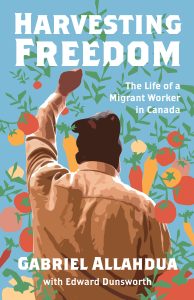
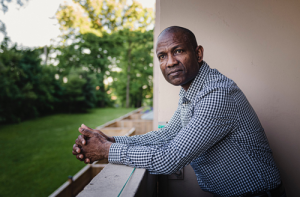
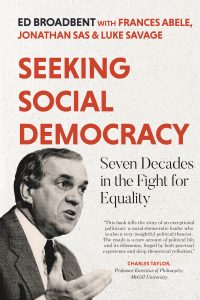
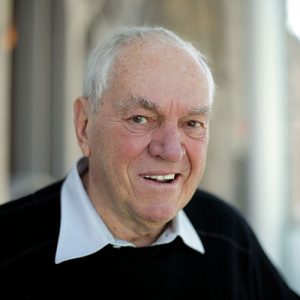
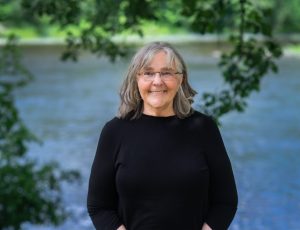 ocratic Inequality: What Went Wrong? and a frequent author of newspaper and magazine opinion articles.
ocratic Inequality: What Went Wrong? and a frequent author of newspaper and magazine opinion articles.